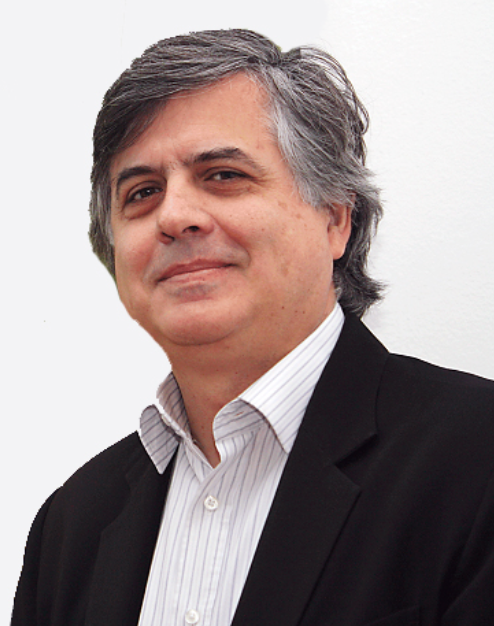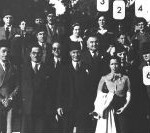Jaime Benchimol *

Why is the journal História, Ciências, Saúde – Manguinhos launching a blog and moving into social media?
Well, I scratch my head and try to answer: because the world has changed, I’m growing older, I find it more enjoyable dipping into the mists of time! Personally, I must admit I have reservations about social media. Hundreds, thousands of friends?! When I’m discovering the importance of having a few close, longtime friendships? Tablets? When I love paper books, and have thousands of them? Bluetooth? Forget it! What I want is a fountain pen to write enduring letters, or slowly copy poems or excerpts from books that touch me deep in my soul, with elegant handwriting, a handwriting I no longer have, mutilated by the use of the computer keyboard. I don’t even like email. I don’t deny there’s been a revolution in communications, but this has also brought the violation of privacy, just like cell phones, blogs, facebooks and so on.
I scratch my head and confess: the world is changing at an astonishing rate, even if I don’t accompany these changes at the same pace. That is why I decided to encourage HCS-Manguinhos to enter the world of social media.
Now let’s look at the hard facts of life. A watershed in the history of the journal was its inclusion more than a decade ago in the SciELO portal, which offers powerful leverage for lending visibility to the scientific literature of Brazil and other ‘peripheral’ countries, contributing to recovering the so-called ‘lost science’. In this era of ever-faster globalization of scientific communication, periodicals need to get a strong foothold in the web. It is essential to allow peer communities in different countries access to Brazilian production. This is why we now translate into English a large number of the articles published in the journal.
We now are mobilizing international reviewers to evaluate locally produced studies, in order to force the authors to accompany the international state of the art on their research subjects and also to increase the recognition of Brazilian periodicals abroad and thereby attract outside contributors. The journal is now launching a bilingual blog and profiles on Facebook and Twitter. Such online links will encourage access to articles and increase their impact, including their impact on international indices. The production of content in the journal will be boosted by its enhanced ability to attract contributors, as well as by feedback from the information placed in circulation in the social media. Greater interaction with readers and other peers will certainly generate new knowledge.
Let’s see if we’re up to this challenge and if the facts will correspond to the expectations of this editor who, every so often, when he wants to leave a message for posterity, still taps away at his old typewriter, a delightful Olivetti Lettera.
* Jaime Benchimol is editor of the journal História, Ciências, Saúde – Manguinhos










